Haramaya University’s College of Education and Behavioral Sciences has provided capacity-building training to 72 secondary school leaders from East Hararghe, Maya City, and Harari Regional State.
The training focused on Instructional Leadership, Resources Management, school community relationships, school Improvement Planning, School culture, Management of Educational Change, Educational Policy, and Contemporary issues. It is organized by the office of the vice-president for Research and Community Engagement in collaboration with the Department of Educational Planning and Management from 30 January to 01 February 2024 at Harar, Deder, and Gurawa.
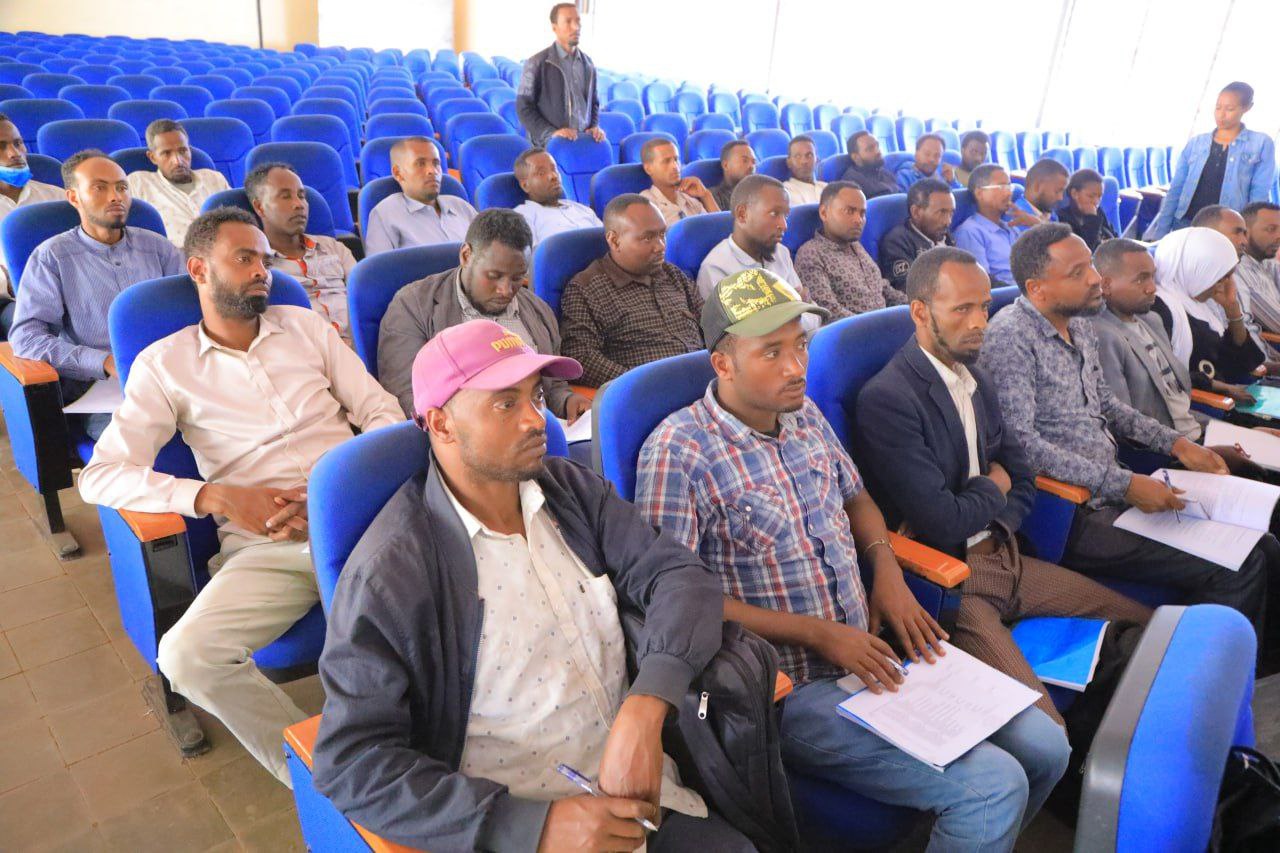
The coordinator of the training, Mr. Nuru Mohammed, stated that the objective of the program was to help school leaders enhance their skills and abilities to guide their schools and staff toward a higher quality of education. The training focused on effective school leadership, resource management, educational change management, building strong relationships with the community, developing a positive school culture, leading instructional leadership, and contemporary issues related to education management. The program aimed to improve the capabilities of school leaders, inspire academic and administrative staff, and ultimately maintain the quality of education in schools.
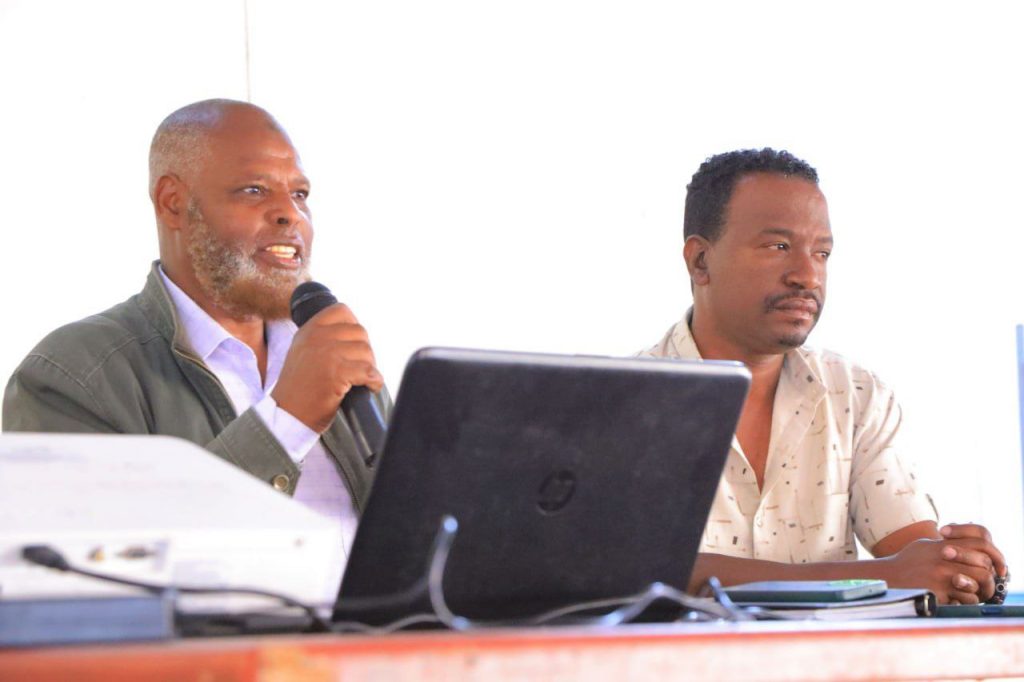
According to Mr. Nuru, providing training to school leaders has numerous benefits. It can improve teaching practices, enhance the motivation of teachers, parents, and students, foster an inclusive and engaging learning environment for the entire school staff, and promote a strong and sustainable sense of ownership among them. Moreover, this approach can aid in improving the quality of education and the overall performance of the school.
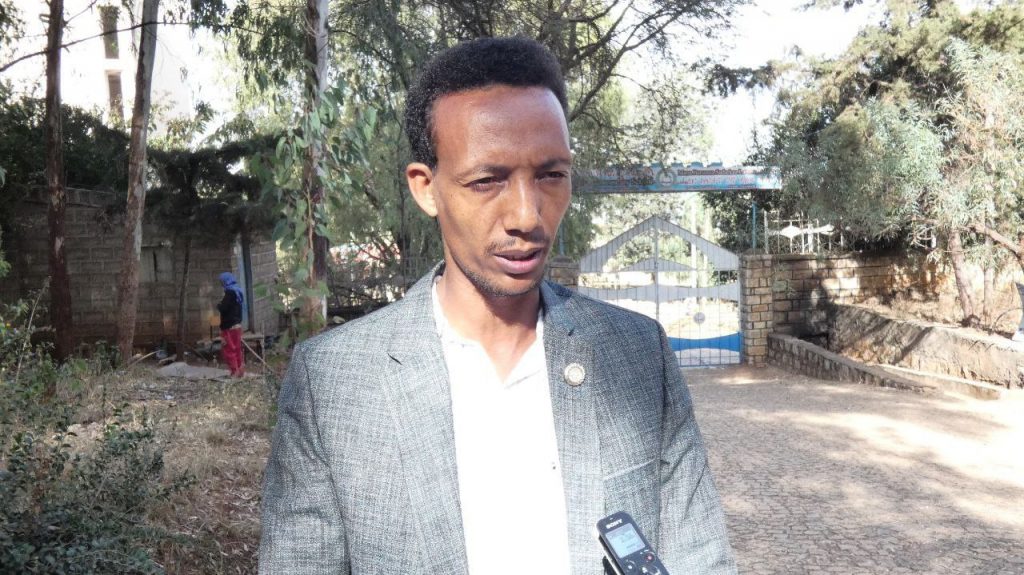
According to Mr. Bayisa Eshetu, the head of the Department of Educational Planning and Management at Haramaya University, effective school leaders can transform their organizations, add value, increase efficiency, and engage their employees to deliver better results. Leadership skills training can help leaders in developing a vision for their team and inspire others to achieve it. Additionally, they can learn how to lead educational changes, motivate others, find new and innovative ways of managing resources and schools, challenge themselves, identify themselves as leaders, tackle broader societal issues, and understand how their actions contribute to different situations.
Mr. Adunga Kebede, the deputy head of the Education Office of East Hrarghe Zone, stated that this training will provide direct benefits to school leaders, teachers, and students. He also mentioned that Haramaya University has been contributing to the education sector by donating various resources such as desktops, chairs, books, and many other resources to other sectors as well.
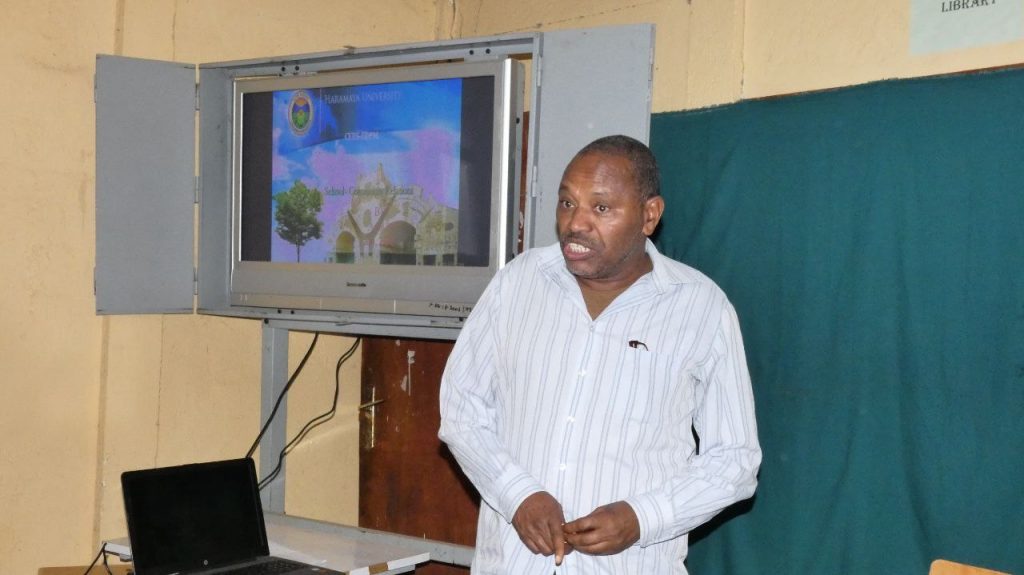
Mr. Muktar Hussien, Director of Teachers and Educational Leaders Development Directorate at Harari Regional State Education Bureau highlighted in his speech that Haramaya University has made significant contributions to various regional and district sectors such as agriculture, health, and education. He also emphasized that the school leadership training program is a valuable opportunity for school leaders to enhance their skills, knowledge, and attitude toward improving the quality of education through effective leadership. It is the role of the participants to identify what is important for them and make the necessary changes to contribute to the quality of education.
Mr. Muktar added it is important for all school leaders to share their experiences on how they are effectively leading their schools, implementing good instructional leadership, managing school resources, and working towards improving the quality of education in our country. This is necessary to address the ongoing crisis in the education sector.
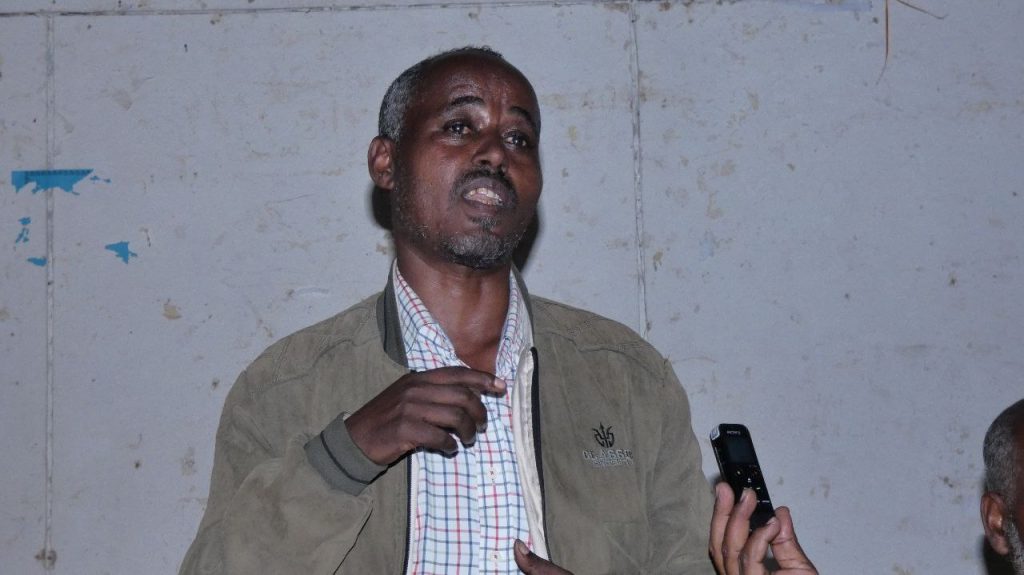
Dr. Tasew Mezgabu, the Dean of the College of Education and Behavioural Sciences, stated that the training program will continue in the future, by identifying needs and prioritizing activities in the field of education. This training helps to fill skill and knowledge gaps of individuals, groups, and institutions, leading to better performance and quality education indicators. He added that after this training, school leaders should devote their time, resources, and energy with high commitment to bring about a better quality of education.
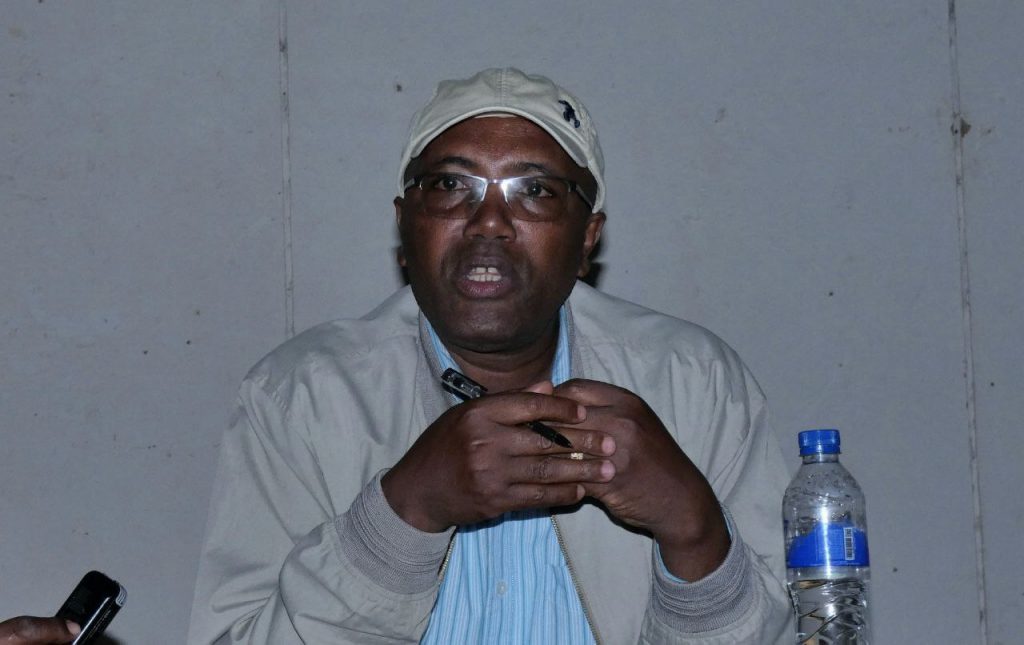
By:- Shemelis Bekele
Photographers:- Tewodros Lishan & Asegid Seleshi
